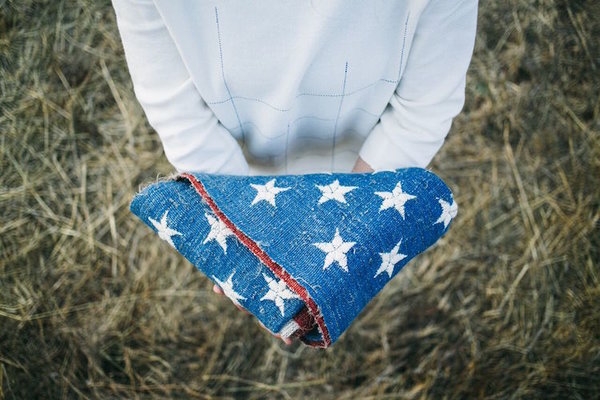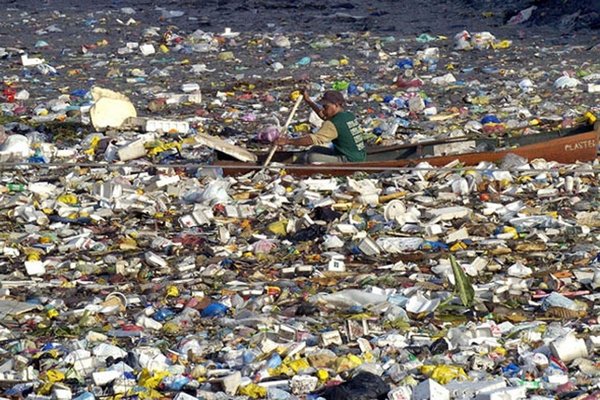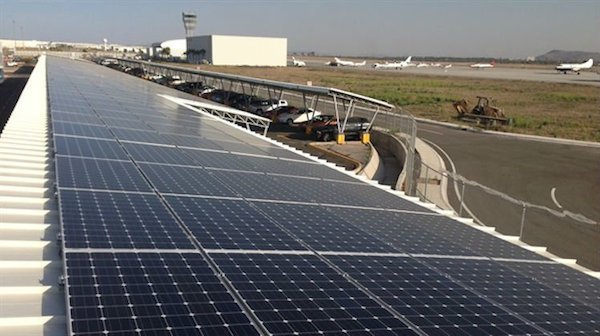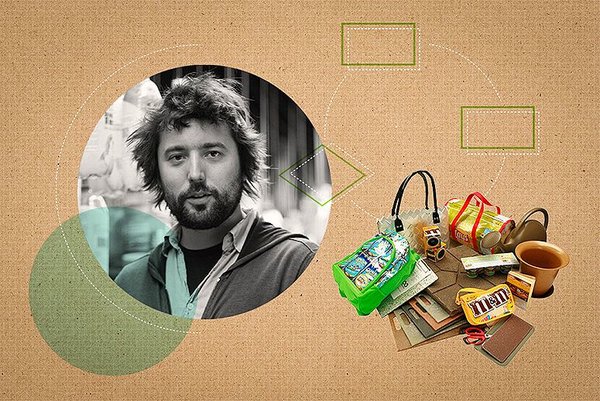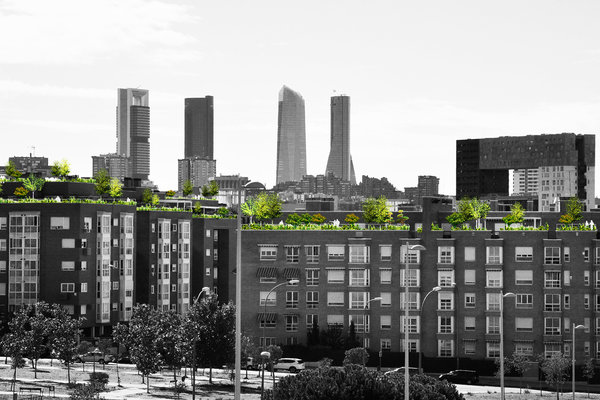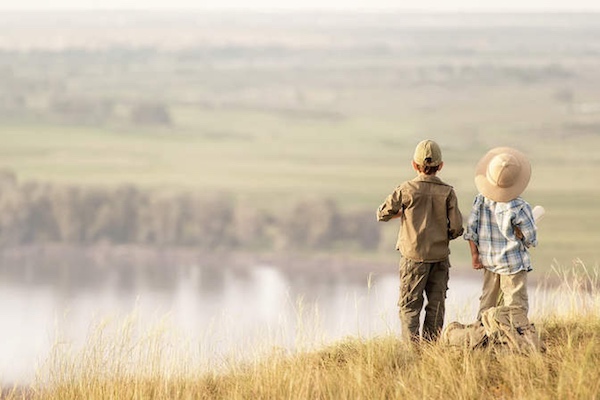Outdoor clothing company Patagonia has released a new short film to advocate for the legalization of industrial hemp in the U.S. The multipurpose plant, which has been used for centuries to make rope, textiles, foods, personal care products and more, became a controversial substance in 1937 due to the “Marihuana Tax Act,” which basically lumped hemp with marijuana and made it illegal to grow even though the former has no psychoactive properties. However, there are plenty of reasons why industrial hemp should be legalized, from its substantial health benefits to its potential to lower the environmental impacts of textile production.
Continue reading... →Coming soon to a closet near you, clothes that clean themselves. That reality is inching closer with new research from Australia’s RMIT University, where scientists have been testing nanotechnology that eats away at grime on fabric.
Continue reading... →Want to keep your customers happy? Want to keep them coming back? Infuse some soul into your brand. What do I mean by soul? Seeing your customers as partners instead of someone to sell to. Becoming “one force with a common goal”. This mind-shift opens a whole new world for brands. This, in turn, helps you become meaningfully different in the marketplace. But remember, this is not a brand strategy or tactic, it’s a paradigm shift.
Continue reading... →If we continue as “business as usual”, there will be more plastic than fish in the ocean by 2050, as stated in a report from the Ellen MacArthur Foundation published Tuesday. To combat this projection, the report also recommends applying “circular economy principles” to global plastic packaging flows, which could “transform the plastics economy and drastically reduce negative externalities such as leakage into oceans,”.
Continue reading... →The first solar powered airport in South Africa, George Airport, has officially been opened making it a first of its kind in Africa.
Continue reading... →Residents of Copenhagen, Denmark, can cut their grocery bills by as much as half thanks to a new supermarket that opened in the city this week. WeFood, started by the nonprofit DanChurch Aid, gets all its products—from dairy to meat to dry goods—from supermarket chains that would otherwise throw the food away.
Continue reading... →“One man’s trash is another man’s treasure,” as the saying goes. For TerraCycle founder Tom Szaky, it was more than a saying—it was also his business plan. Founded in 2003, TerraCycle takes your garbage—everything and anything you could throw away or recycle—and transforms it into consumer products like cutting boards, reusable grocery bags, and even yard fencing.
Continue reading... →The city of Madrid, Spain is spending millions to expand existing parks, while covering as many roofs and walls as possible with greenery in order to decrease rising summer temperatures in the city. Twenty-two vacant lots will also be turned into urban gardens while paved squares will become parks that can suck up rainfall. Planting gardens on roofs, and adding plants on outdoor walls, helps insulate buildings so they can save energy, and helps reduce street noise. But it also helps bring down local temperatures by shading pavement and by releasing evaporated water that can create clouds.
Continue reading... →Presenting scientific research and his own observations in highly anthropomorphic terms, the matter-of-fact Mr. Wohlleben has delighted readers and talk-show audiences alike with the news — long known to biologists — that trees in the forest are social beings. They can count, learn and remember; nurse sick neighbors; warn each other of danger by sending electrical signals across a fungal network known as the “Wood Wide Web”; and, for reasons unknown, keep the ancient stumps of long-felled companions alive for centuries by feeding them a sugar solution through their roots.
Continue reading... →